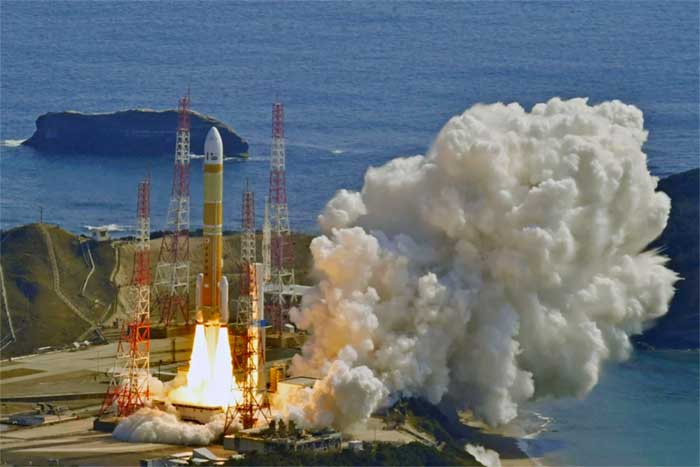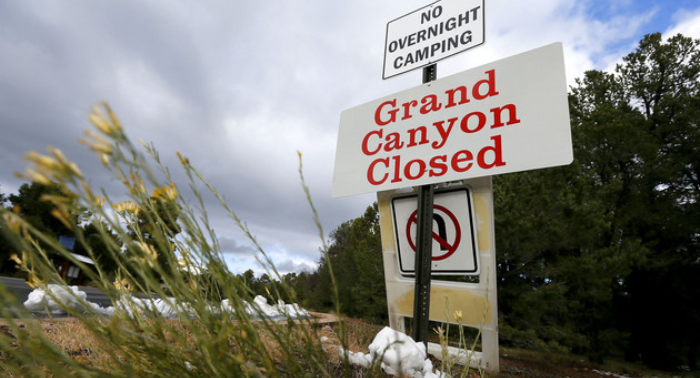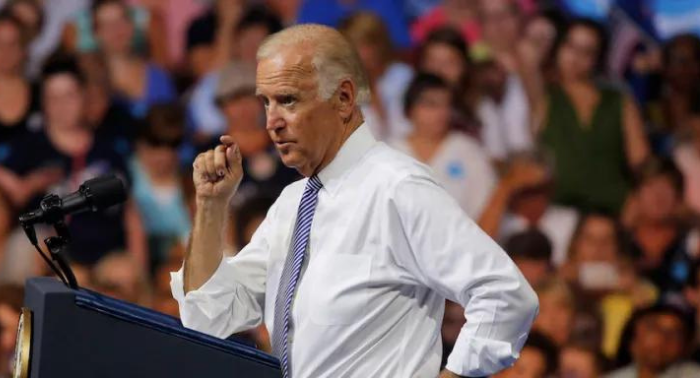This year, the Japan Aerospace Exploration Agency (JAXA) has faced multiple challenges, notably in its rocket launches, which have impacted the debut of its new-generation rocket.
However, momentum might be on the horizon for the agency with the planned Sunday launch to the moon, positioning it as the third country to undertake a lunar mission this month. Russia’s Luna-25, marking its first moon mission in nearly five decades, unfortunately met an abrupt end on the lunar terrain last weekend. Meanwhile, India achieved a milestone, successfully landing its Chandrayaan-3 on the moon’s southern pole earlier this week.
As reported by The Japan Times on Friday, JAXA’s H2-A rocket is set to launch on Sunday morning from the Tanegashima Space Center located in southern Japan. The rocket will transport a high-tech imaging satellite and a lightweight lander, which is anticipated to land on the moon between January and February.
Reflecting on Japan’s recent space endeavors, Shinichi Kimura, head of the Research Center for Space System Innovation at Tokyo University of Science, mentioned to the Times, “There might have been a bit of complacency due to previous successes.” He views the upcoming launch as a chance for JAXA to evolve from its recent setbacks. “This mission holds significant value, both scientifically and as a symbol,” he noted.
Mitsubishi Heavy Industries has invested almost ten years in the creation of the H3 rocket, the next-gen successor to the H2-A, as highlighted by the Times. The H3, a single-use rocket, is designed to be more affordable and dependable, especially when compared to counterparts like SpaceX’s Falcon 9.
However, the rocket’s first launch was deferred in February. A subsequent attempt in March saw the second-stage engine failing to ignite, leading the rocket to descend into the Philippine Sea. Matters worsened in July when an Epsilon S rocket’s engine blew up during a ground assessment. Both the Epsilon S and H3 employ the same type of solid rocket booster.
Post the Epsilon S mishap, Hiroshi Yamakawa, the chief of JAXA, remarked, “Given the series of events, our focus is on enhancing our operations,” as cited by the Times.




